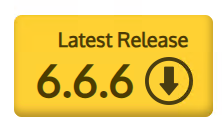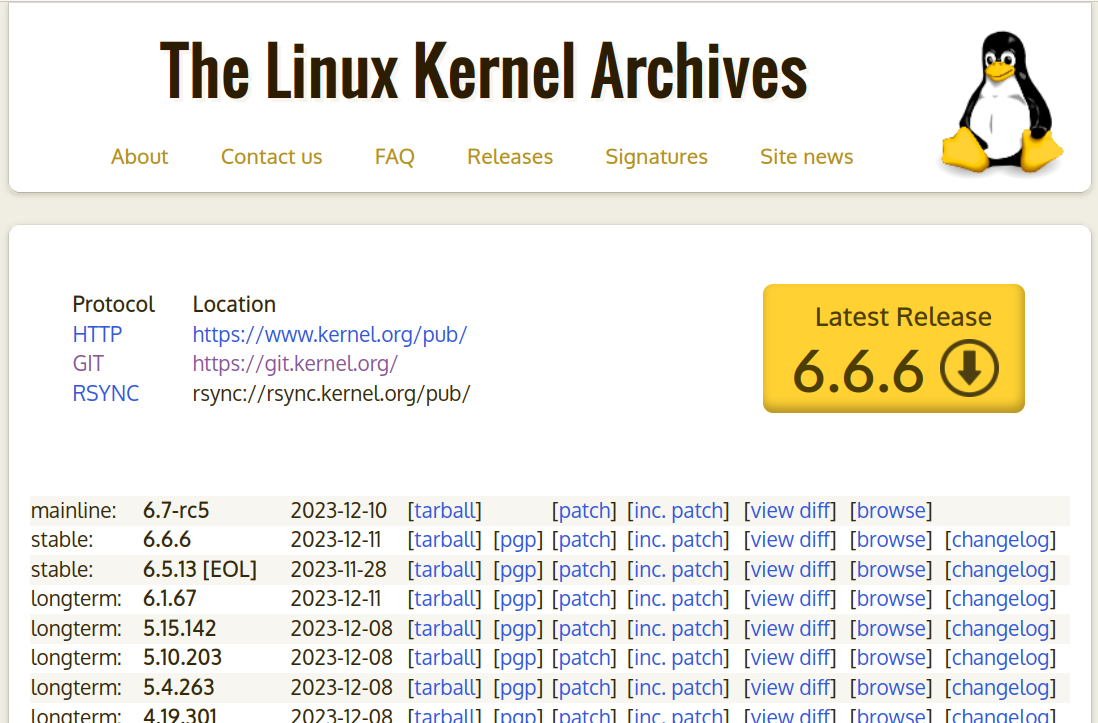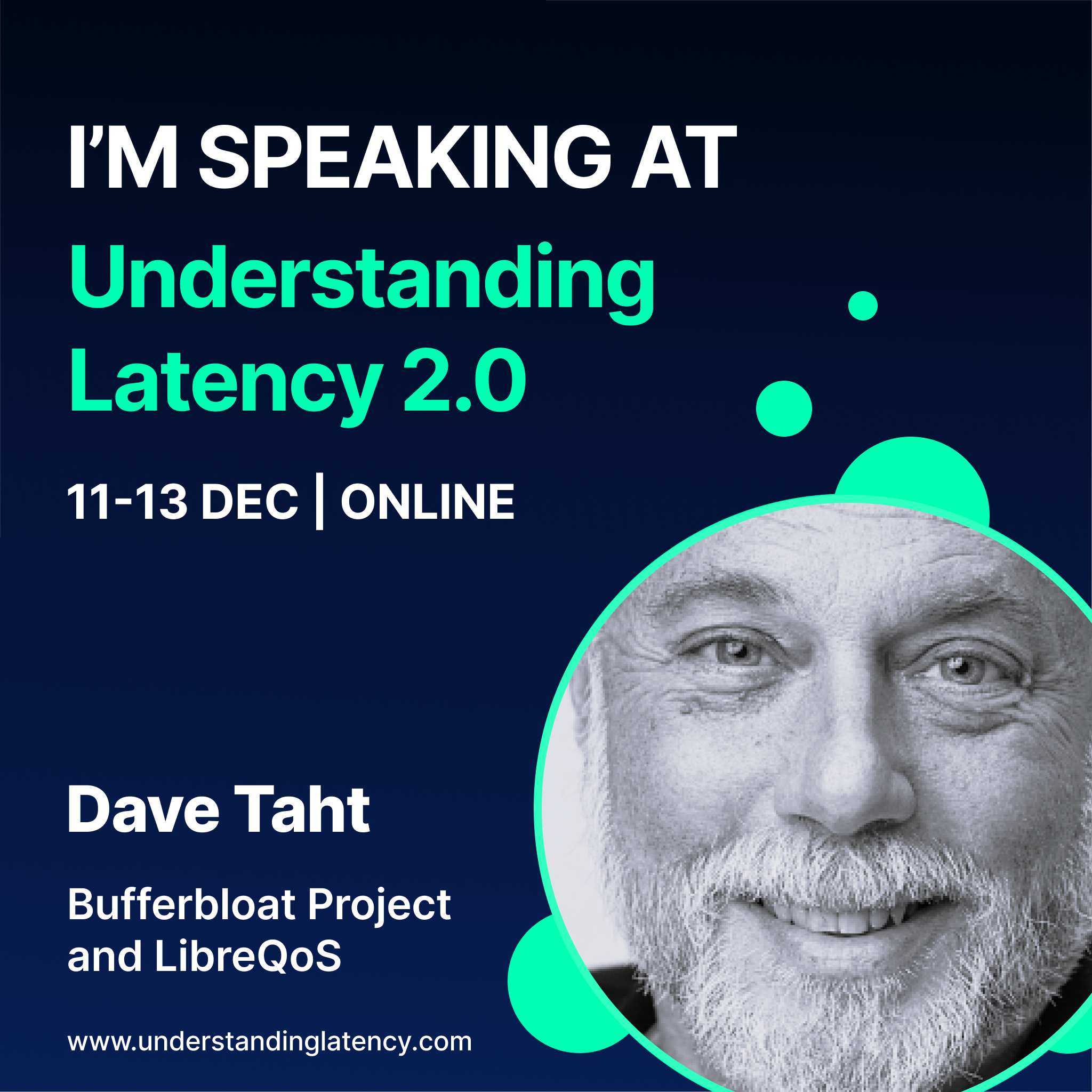Posts
163Following
390Followers
312Thorsten Leemhuis (acct. 1/4)
kernellogger@fosstodon.orgMay I present to you the #Linux #kernel of the beast: #LinuxKernel 6.6.6
Announcement: https://lore.kernel.org/all/2023121140-nervy-directed-5a9e@gregkh/
Tarball: https://cdn.kernel.org/pub/linux/kernel/v6.x/linux-6.6.6.tar.xz
Kee Hinckley
nazgul@infosec.exchangeSomething I’ve been thinking about a lot in the current battle over the future of (pseudo) AI is the cotton gin.
I live in a country where industrial progress is always considered a positive. It’s such a fundamental concept to the American exceptionalism claim that we are taught never to question it, let alone realize that it’s propaganda.
One such myth, taught early in grade school, is the story of Eli Whitney and the cotton gin. Here was a classic example of a labor-saving device that made millions of lives better. No more overworked people hand cleaning the cotton (slaves, though that was only mentioned much later, if at all). Better clothes and bedding for the world. Capitalism at its best.
But that’s only half the story of this great industrial time saver. Where did those cotton cleaners go? And what was the impact of speeding up the process?
Now that the cleaning bottleneck was gone, the focus was on picking cotton as fast as possible. Those cotton cleaners likely, and millions of other slaves definitely, were sent to the fields to pick cotton. There was an unprecedented explosion in the slave trade. Industrial time management and optimization methods were applied to human beings using elaborate rule-based systems written up in books. How hard to punish to get optimal productivity. How long their lifespans needed to be to get the lost production per dollar. Those techniques, practiced on the backs and lives of slaves, became the basis of how to run the industrial mills in the North. They are the ancestors of the techniques that your manager uses now to improve productivity.
Millions of people were sold into slavery and worked to death *because* of the cotton gin. The advance it provided did not, in fact save labor overall. Nor did it make life better overall. It made a very small set of people much much richer; especially the investors around the world who funded the banks who funded the slave purchases. It made a larger set of consumers more comfortable at the cost of the lives of those poorer. Over a hundred years later this model is still the basis for our society.
Modern “AI” is a cotton gin. It makes a lot of painstaking things much easier and available to everyone. Writing, reading, drawing, summarizing, reviewing medical cases, hiring, firing, tracking productivity, driving, identifying people in a lineup…they all can now be done automatically. Put aside whether it’s actually capable of doing any of those things *well*; the investors don’t care if their products are good, they only care if they can make more money off of them. So long as they work enough to sell, the errors, and the human cost of those errors, are irrelevant. And like the cotton gin, AI has other side effects. When those jobs are gone, are the new jobs better? Or are we all working that much harder, with even more negative consequences to our life if we fall off the treadmill? One more fear to keep us “productive”.
The Luddites learned this lesson the hard way, and history demonizes them for it; because history isn’t written by the losers.
They’ve wrapped “AI” with a shiny ribbon to make it fun and appealing to the masses. How could something so fun to play with be dangerous? But like the story we are told about the cotton gin, the true costs are hidden.
Luis Villa
luis_in_brief@social.coopThe annual Wiki Loves Earth photo competition winners are out, and they are stunning. Take a deep breath and enjoy them: https://wikilovesearth.org/ #wikilovesearth #wikipedia #naturephotography #animalphotography
Steve Easterbrook
steve@fediscience.orgIf an organization is serious about reducing #CarbonEmissions from #travel, commensurate with IPCC pathways to stay below 1.5C, it should:
* Manage total travel budgets in terms of CO2 emissions rather than cost;
* Set a baseline budget based on current travel patterns
* Reduce the total travel budget (in CO2) by 7% each year, every year, starting immediately.
(And no futzing around with offsets)
See: Stojanov et al, 2023:
https://assets.pubpub.org/aylk44gj/51686158621469.pdf
Maarten Steenhagen
msteenhagen@provo.lolLink rot is so very, very real.
I just visited a site that 'archives' articles from 2015. The majority of links no longer works.
What to do? You could archive pages, and link to the archived pages (I've seen many people do this). But how durable is that? Will those archival sites exist still in 10 years time?
I'm used to consult books that are centuries old. That we're unable now to archive digital stuff for longer than a couple of years is terrifying. #archives #digitalhumanities
Toke Høiland-Jørgensen
tokeNew blog post: The Big FIFO in the Cloud
I was recently made aware of an interesting issue, which appears to be a pretty fundamental property of the departure time-based traffic shaping that is used by BPF-based data planes, such as in the Cilium Bandwidth Manager.
It’s one of those things that seem really obvious in hindsight, but that no one thought about beforehand (apparently; or at least I didn’t). So I thought I’d write up an analysis to explain what’s going on and why it is a problem.
https://blog.tohojo.dk/2023/12/the-big-fifo-in-the-cloud.html
LWN.net is now @LWN@lwn.net
LWN@fosstodon.orgLibreQoS 1.4 released https://lwn.net/Articles/953286/ #LWN
Petrichor Squirrel
PetrichorSquirrel@meow.socialDisabuse yourself of the false belief that kindness is something you are, and that if you are a kind person, then kind conduct should come effortlessly to you.
Kindness is a practice that takes effort, and although it does come easier with practice, there is no way to be kind without actively doing something.
Just like a musician must move and breathe with musicality to play their instrument, so to must you move and breathe with kindness to be kind.
Jenniferplusplus
jenniferplusplus@hachyderm.ioSo anyway, if you liked my incendiary toot the other day, then you might also like the long form version.
In summary:
❎ AI isn't reliable, and even if it was
❎ AI does real harm in the real world, but even if it didn't
❎ AI hypesters are not acting in good faith, but even if they were
❎ AI can't know things or understand your complex system
Even if all that were true, making ourselves into reviewers for AI written code is still selling out ourselves and our futures
https://jenniferplusplus.com/losing-the-imitation-game/
Dan Gillmor
dangillmor@mastodon.socialThe brilliant Molly White (@molly0xfff) has given us the best coverage of the scam-ridden cryptocurrency "marketplace" -- a public service in a time when tech journalism resembles fanzines.
In a new piece, she turns her attention to deeply unattractive but central tenets of Silicon Valley's current mania, AI.
https://newsletter.mollywhite.net/p/effective-obfuscation
Savor every word.
Toke Høiland-Jørgensen
tokeToke Høiland-Jørgensen
tokeDon't ask me how I know this 🙈
#linux #networking
Thorsten Leemhuis (acct. 1/4)
kernellogger@fosstodon.orgNext years @linuxplumbersconf will be in Vienna, Austria during the Week of 16 Sep.
To quote from the private "#LinuxPlumbers Conference is a Wrap, see you next year" mail I just received:
""we're looking forwards to seeing you at next year's Linux Plumbers Conference (possibly even in person?) which will be in Vienna, Austria on the Week of 16 September 2024 (co-located with OSS EU). We haven't found the actual space we'll be using yet, so we don't have exact days of that week to give you.""
Jani Nikula
jani@fosstodon.orgIt's funny (not funny) how the single-digit issue numbers for any kernel driver repos stored in github/gitlab have become completely useless.
You see, a lot of bug reports and commits contain backtraces and lockdep splats. And they, in turn, contain a lot of #1 and #2 etc.
And github/gitlab think they are references to issues.
For examples, see https://github.com/intel/gvt-linux/issues/3 or https://gitlab.freedesktop.org/drm/intel/-/issues/1.
LibreQoS
LibreQoS@fosstodon.orgOur very own @mtaht will be speaking at the upcoming #UnderstandingLatency 2.0 webinar series: https://www.understandinglatency.com/
Last run was a huge success, the first event of this kind put on by Domos.
Learn From Leading Experts on Network #Latency, #Bufferbloat & #Jitter.
DECEMBER 11-13, 2023 | 4 PM CET
#LibreQoS #RoundTripTime #WorkingLatency #RTT #SpeedTest #Throughput #Bandwidth #InternetServiceProvider #CDN #IXP #OpenSource #LowLatency #ISP #WISP #FWA #5G #Starlink







